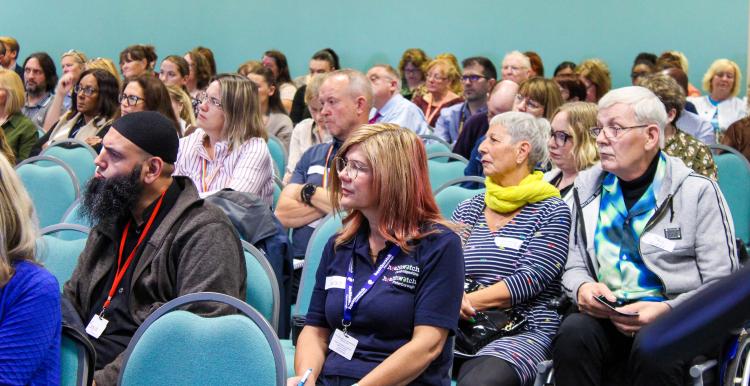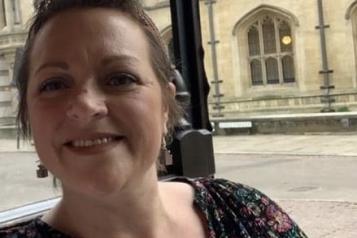Summit event set to highlight health inequalities

The event will bring together a group of around 200 people consisting of members of the public with lived experience, and leading practitioners who aim to support them.
It’s widely accepted that health inequalities experienced by a range of demographic groups result in poorer health outcomes and reduced life expectancy.
But despite that recognition, the gap in health outcomes remains significant and, in some cases, it is widening.
Research shows that factors such as age, disability, gender identity, ethnicity, refugee status and homelessness can all affect a person’s ability to access healthcare, their life expectancy, and their likelihood of living with significant health issues.
Challenges facing our communities
A recent analysis of health and socio-economic indicators has highlighted significant challenges facing the communities of Peterborough and Cambridgeshire, particularly in deprived areas.
- Poverty is one of the driving forces behind health inequalities. Peterborough is significantly impacted by socio-economic disadvantage, with over a third (37%) of its residents living in the 20% most deprived areas nationally. Similarly, 21% of residents in Fenland are also within this most deprived bracket.
- Life expectancy in Peterborough is below the national average for England, and overall death rates are notably higher. There are stark disparities in life expectancy and mortality rates between the more deprived areas of Cambridgeshire and their more affluent counterparts.
- Peterborough and Fenland report higher levels of disability and general ill health compared to other regions, emphasising the need for targeted health interventions in these communities.
- Child poverty rates in both Peterborough and Fenland are significantly above the national average, and these require immediate attention. In contrast, Cambridgeshire's overall child poverty levels remain lower than the national average.
- Among older people aged 60 and above, Peterborough also faces higher-than-average levels of income deprivation. Cambridgeshire overall has lower levels of income deprivation in this age group.
Both Peterborough and Cambridgeshire are forecasted to experience the largest proportional increases in the older age groups in the coming years. This demographic shift highlights the importance of planning for adequate healthcare, housing, and social services to support an ageing population.
We also regularly hear about lack of access to digital services as being a significant barrier to accessing care.
Tackling health inequalities is one of the top priorities of our local NHS and care services and the Summit will provide a platform for discussions around designing services that work better for everyone.
Cambridgeshire and Peterborough Integrated Care System developed its Health Inequality Strategy in 2020. It highlights significant gaps across the area in life expectancy driven by inequalities, such as early deaths in cardiovascular disease, cancer and respiratory conditions.
Looking ahead to the event, Stewart Francis, Chair of Healthwatch Cambridgeshire and Peterborough said: “We urgently need to shift the dial and reduce health inequalities across Cambridgeshire. Too many people are experiencing poorer health outcomes simply because of their age, disability, ethnicity or location, and that is unacceptable.
“Our Summit will focus on the groups of people in society who are most at risk of experiencing health inequalities and how their access to health and care services can be improved. This event provides a real opportunity for the public and health professionals to come together to address this hugely important issue and seek a way forward.”
The varied and interactive programme includes guest speakers providing national and local perspectives, a Question Time panel of experts, and collaborative workshops which will seek to identify ways to tackle health inequalities. Dr John Ford, Director at the Health Equity Evidence Centre, Queen Mary University of London, and Dr Nik Johnson, Combined Authority Mayor for Cambridgeshire and Peterborough, will be keynote speakers.
The full agenda for the Summit can be found here:


